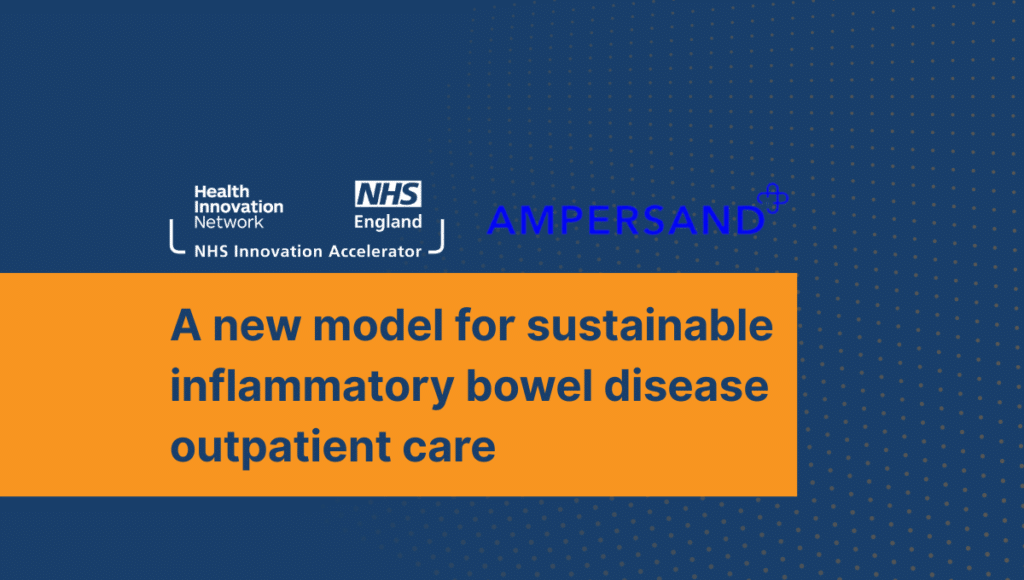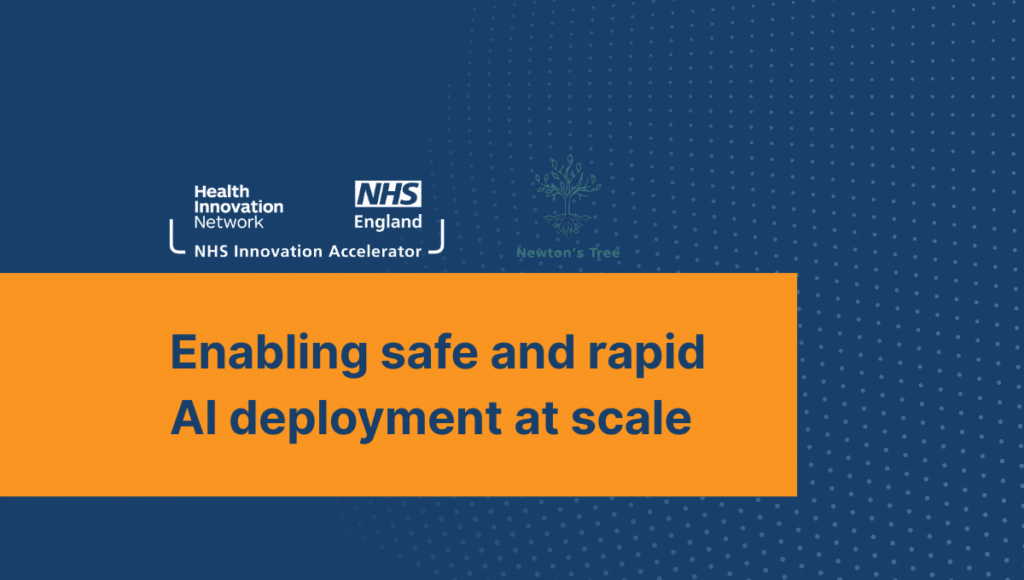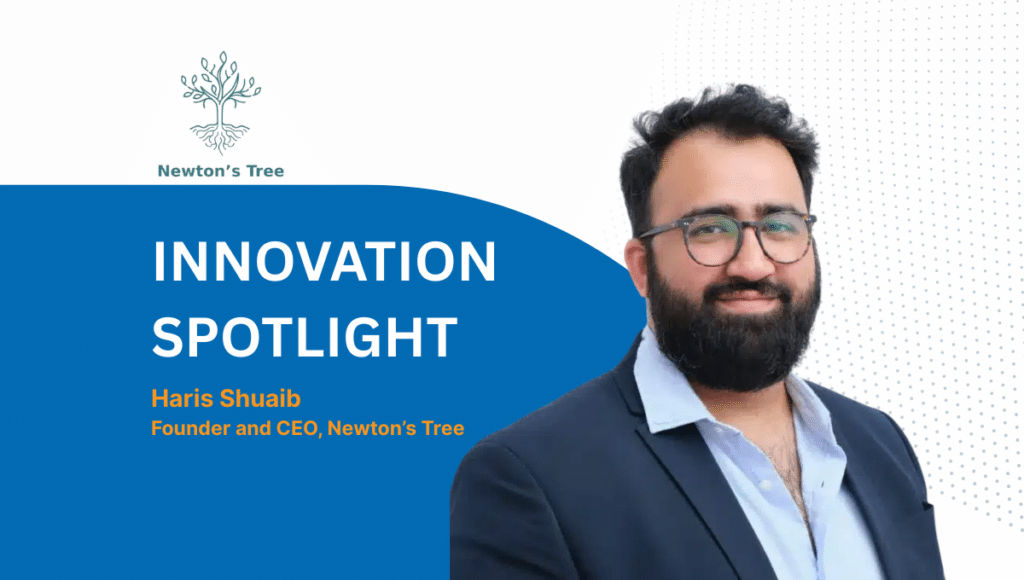LabCycle: Closing the loop on single-use plastics
Find out how LabCycle is reimagining how the healthcare and research sectors deal with waste, proving that sustainability and safety can go hand in hand and how the programme has supported their journey.
Every day, research and healthcare labs generate mountains of single-use plastic waste – think pipette tips, Petri dishes and tubes. Most of this ends up in incineration or landfill because it’s contaminated and cannot safely enter traditional recycling streams. The environmental and financial costs are enormous.
LabCycle is addressing this challenge with AutoDecon, a system that makes it possible to safely recycle contaminated lab plastics into new consumables. By closing the loop, LabCycle is helping organisations cut costs, reduce carbon, and move towards a truly circular economy.
What is AutoDecon and what problem does it solve?
AutoDecon is a pioneering system that decontaminates and processes lab plastics so they can be turned back into safe, usable consumables. It tackles a problem that has long been considered unsolvable: how to recycle materials exposed to biological or chemical agents without compromising safety.
For the NHS and research institutions, this means reducing reliance on incineration, lowering procurement costs, and cutting the significant carbon footprint associated with single-use plastics.
What was your inspiration and motivation?
The idea for LabCycle was born out of lived frustration.
“When I was working in research, I was shocked by the sheer amount of plastic being thrown away every day. It felt wrong knowing there wasn’t a safe or practical way to recycle it. That frustration became my motivation to create a solution that allows researchers and healthcare staff to work sustainably without compromising safety.”
Jinghui (Helen) Liang, Co-founder & Chief Technology Officer, LabCycle
The drive to match sustainability with practicality in some of the most demanding environments remains the heart of LabCycle’s mission.
Why did you become a Fellow?
Joining the NHS Innovation Accelerator (NIA) marks an important milestone for LabCycle. It provides both recognition and a platform to scale impact across the healthcare system.
“For me, being an NIA fellow is both recognition and a chance to accelerate change. It connects me with the NHS and gives LabCycle the platform we need to embed sustainability into healthcare at scale.”
The fellowship creates opportunities to collaborate directly with NHS partners who are striving to reduce waste and meet Net Zero targets.
Looking ahead
LabCycle’s ambition is to transform lab waste management in the UK and beyond.
“I’d love to see LabCycle’s circular solution rolled out widely across the UK, recycling thousands of tonnes of lab plastics, and for LabCycle to become a trusted partner for sustainable lab and clinical practice both in the UK and internationally.”
The vision is clear: to make sustainable research and healthcare the default, not the exception.
Want to find out more? Visit the innovation page where you can contact the innovator directly, or check out their website.


